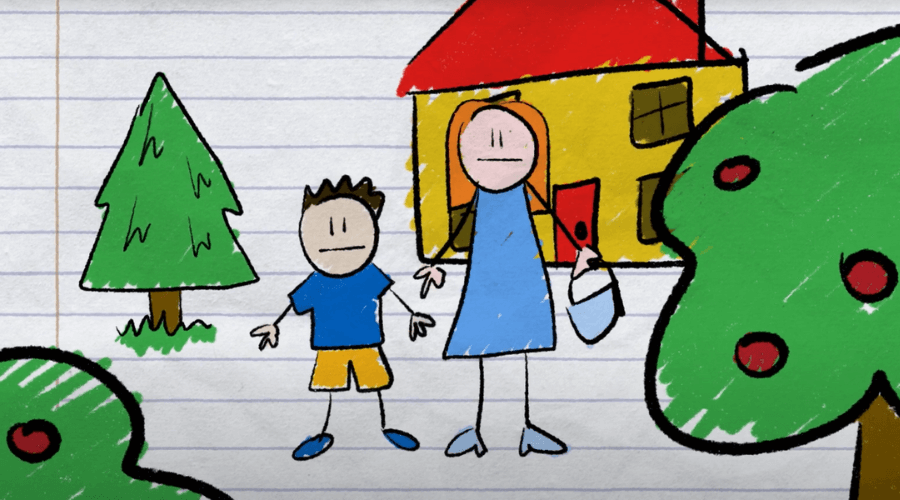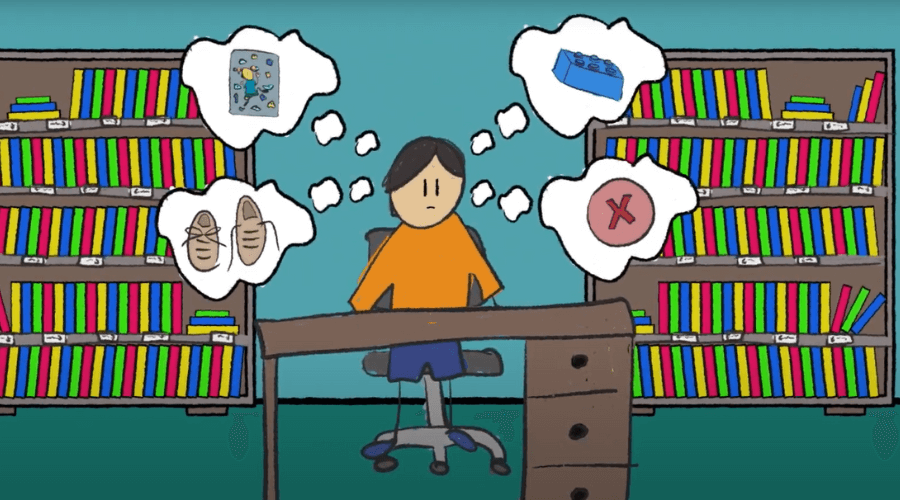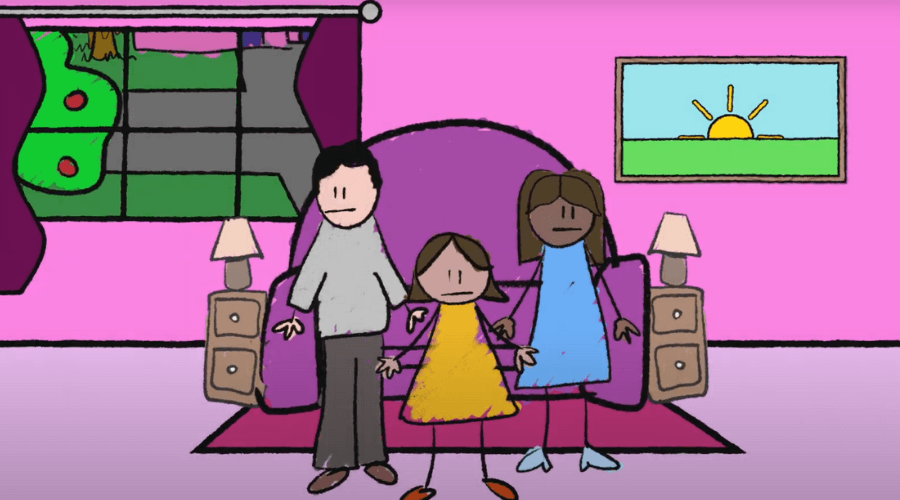Quality of life at home toolkit

Coping with behaviours that challenge within the home and navigating family life can be overwhelming at times. You might find yourself experiencing this more regularly if you’re a parent or carer of an autistic child or young person. It’s important to recognise that you’re not alone. We’ve been working with parents of autistic children and young people to identify the everyday challenges families like yours struggle to deal with.
That’s why we’ve created our quality of life at home toolkit. This series of five animated films provides advice and guidance on managing the emotional needs of autistic children and young people.
These short films will help you to identify emotional or behavioural challenges and equip you with tools and techniques to manage them. While they are designed to primarily offer support and reassurance to parents and carers of autistic children and young people, they’re a valuable resource for any parent or carer. These films will give you a framework for navigating family life. We recommend that you view them in sequence from film one to five.
Animated videos
Generous funding from the Joseph Levy Foundation, an independent charitable grant making trust, enabled us to commission these instructive short films. The quality of life at home toolkit comprises a series of five animated films covering the following topics:
Understanding behaviour: the iceberg model
An iceberg is a way of thinking about what unmet physical or emotional needs could be causing behaviours that challenge. Use the iceberg model to consider what may be triggering your child’s behaviour to improve their, and your, quality of life.
Emotional needs: autonomy
Advice on the need for autonomy – the capacity to decide for ourselves. As your child grows, encouraging their ability to make free, healthy, autonomous choices is key to their psychological and emotional development. This can also help ease some parenting stress levels.
Emotional needs: relatedness
Our natural need to feel connected to those around us and establish close bonds is the emotional need for relatedness. Use the model of the four Ss – safe, seen, soothed, and secure – to help ensure that your child feels connected to their family and maintains secure and strong relationships.
Emotional needs: competence
Nurturing the feeling of competence in our children, where they have opportunities to match their skill levels to activities and tasks that are important, leads to psychological growth, wellbeing and improves their quality of life.
Family conflict
The drama triangle can be used to think about how parents tend to take up typical patterns of behaviour when confronted with challenging situations – the victim, the rescuer and the persecutor – and how we can break free of them.






